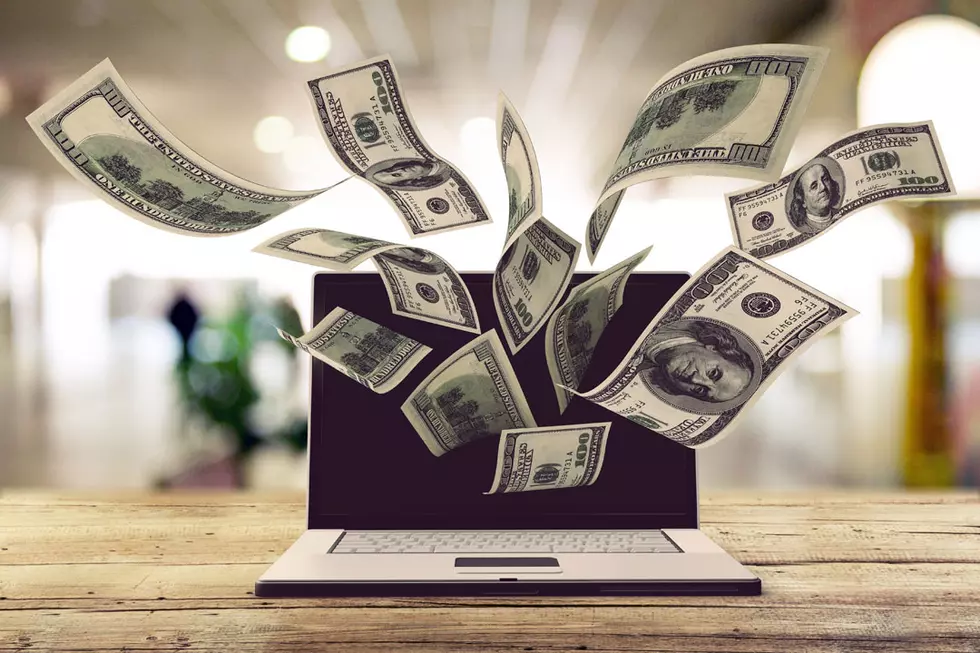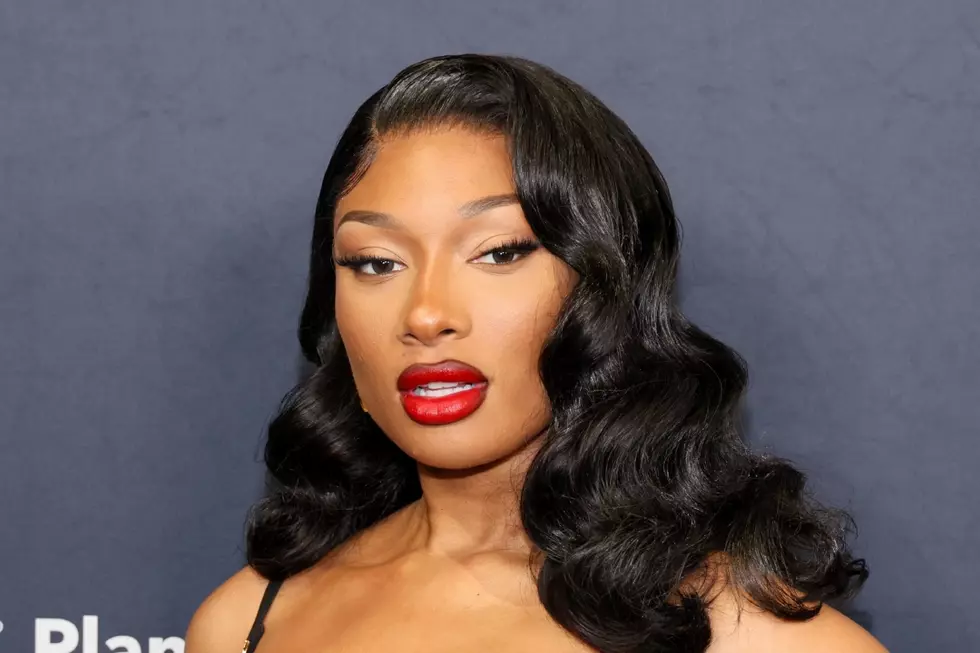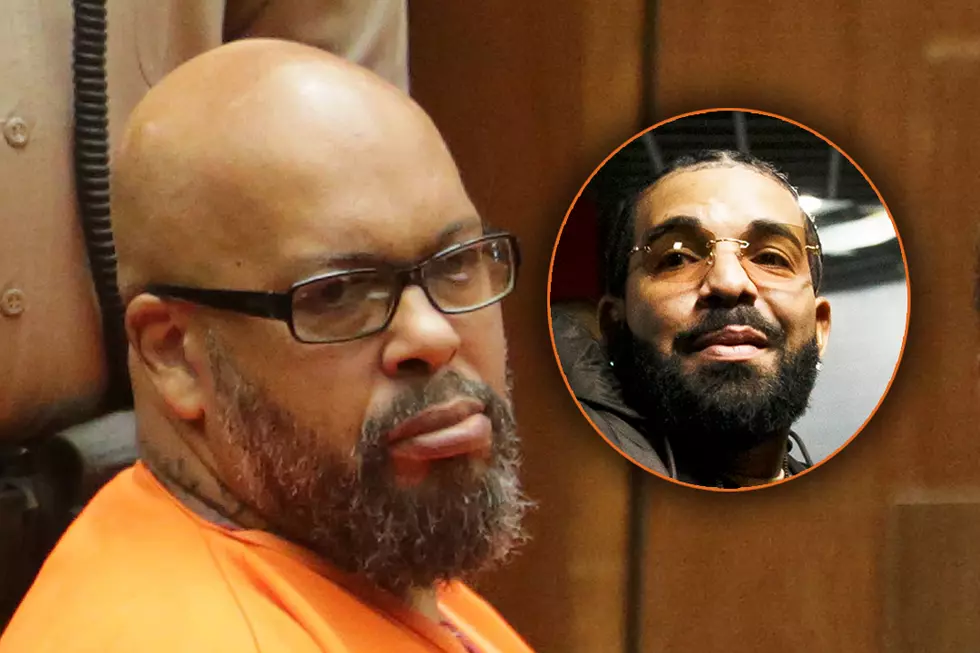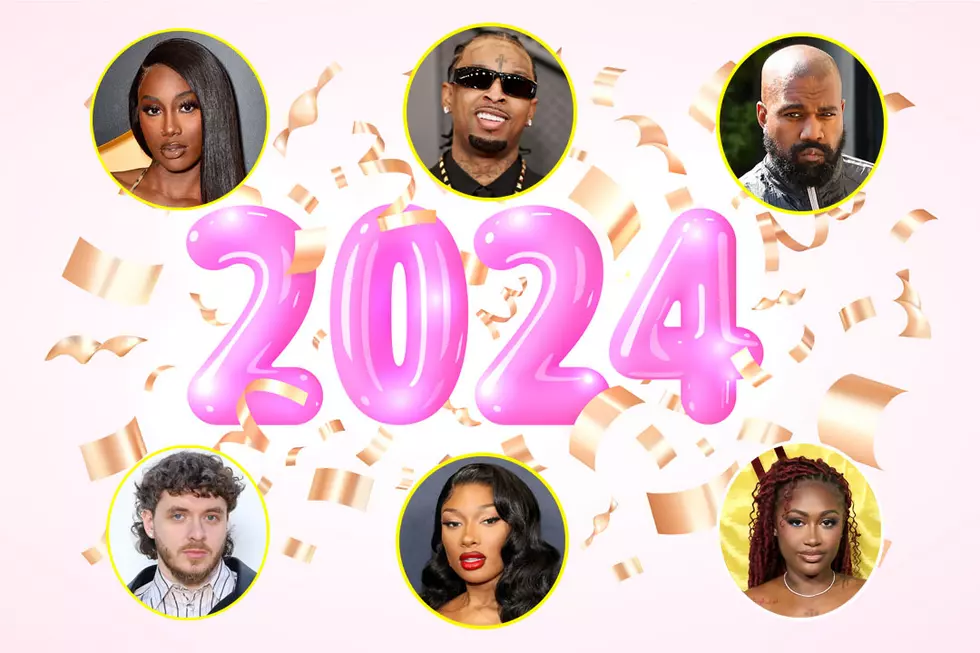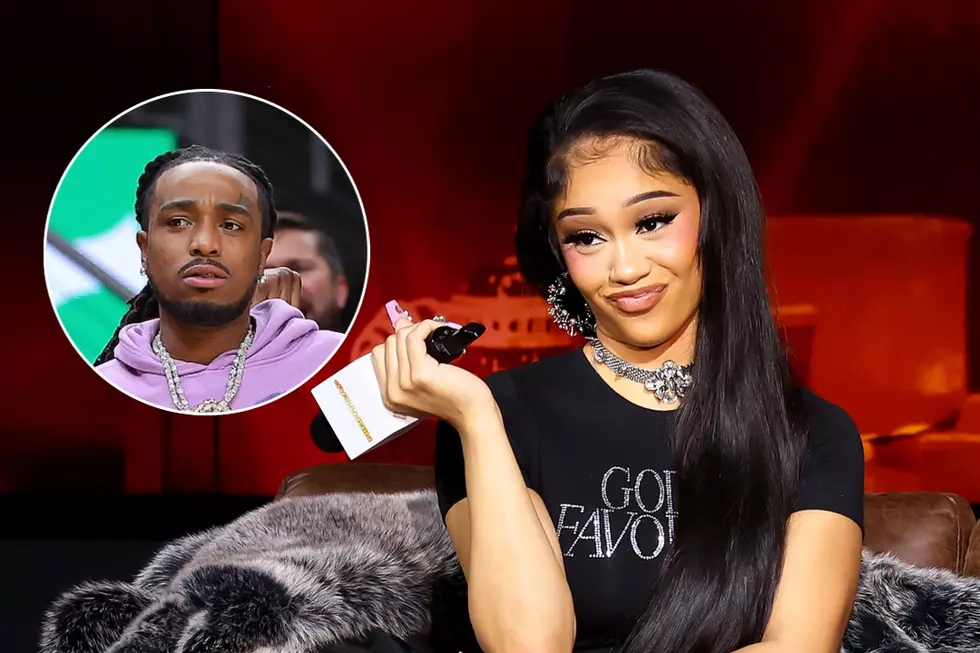DJ Skee
To The Top
 Fearless determination and an unparalleled work ethic helped Scott “DJ Skee” Keeney ascend to the rank of one of the West Coast’s biggest DJs. Already an official member of The Game’s Black Wall Street family, Skee also has gigs at L.A.’s Power 106 FM and Sirius Satellite Radio. While born in New York City, Skee’s nomadic childhood found him moving back and forth to Florida, Texas and Minnesota. During his high school years in Minneapolis, Skee began DJing, releasing mixtapes and spinning at a local radio station on Saturday nights. During the summers, though, Skee would always travel back to NYC. It was during one of those trips back home that a then 16-year-old Skee met legendary DJ Stretch Armstrong and became his apprentice. During the course of paying dues with Stretch, Skee was introduced to Loud Records CEO, Steve Rifkind. Possessing a keen business sense, the teen sensation drafted up a proposal on how to make Loud bigger than it already was. Rifkind was impressed with the youngster’s gusto and ideas, and offered Skee a position at his SRC marketing company in L.A. Over the years, Skee, now 23, proved his worth and went on to orchestrate marketing campaigns for artists such as Akon and David Banner, and companies such as MTV, Nike, Playboy, Roc-A-Fella, Daimler-Chrysler, HBO and Motorola. The Caucasian DJ, however, is mostly known for his work with The Game and Black Wall Street. The two linked up after Game signed with Interscope Records and Skee went on to host Chuck Taylor’s You Know What It Is and Black Wall Street Journal mixtape series. In 2006, he also produced Game’s G-Unit diss track “300 Bars.” Now, DJ Skee is looking to expand his resume with several new projects, which include a new collaborative mixtape with The Game and Lil Wayne entitled Blood Brothers and an official compilation album. XXLMag.com speaks with one of the West’s hardest working DJs to get the lowdown on his relationship with Game and his early entry into the hip-hop industry.
Fearless determination and an unparalleled work ethic helped Scott “DJ Skee” Keeney ascend to the rank of one of the West Coast’s biggest DJs. Already an official member of The Game’s Black Wall Street family, Skee also has gigs at L.A.’s Power 106 FM and Sirius Satellite Radio. While born in New York City, Skee’s nomadic childhood found him moving back and forth to Florida, Texas and Minnesota. During his high school years in Minneapolis, Skee began DJing, releasing mixtapes and spinning at a local radio station on Saturday nights. During the summers, though, Skee would always travel back to NYC. It was during one of those trips back home that a then 16-year-old Skee met legendary DJ Stretch Armstrong and became his apprentice. During the course of paying dues with Stretch, Skee was introduced to Loud Records CEO, Steve Rifkind. Possessing a keen business sense, the teen sensation drafted up a proposal on how to make Loud bigger than it already was. Rifkind was impressed with the youngster’s gusto and ideas, and offered Skee a position at his SRC marketing company in L.A. Over the years, Skee, now 23, proved his worth and went on to orchestrate marketing campaigns for artists such as Akon and David Banner, and companies such as MTV, Nike, Playboy, Roc-A-Fella, Daimler-Chrysler, HBO and Motorola. The Caucasian DJ, however, is mostly known for his work with The Game and Black Wall Street. The two linked up after Game signed with Interscope Records and Skee went on to host Chuck Taylor’s You Know What It Is and Black Wall Street Journal mixtape series. In 2006, he also produced Game’s G-Unit diss track “300 Bars.” Now, DJ Skee is looking to expand his resume with several new projects, which include a new collaborative mixtape with The Game and Lil Wayne entitled Blood Brothers and an official compilation album. XXLMag.com speaks with one of the West’s hardest working DJs to get the lowdown on his relationship with Game and his early entry into the hip-hop industry.
You’ve been in the game since you were 16-years old. How did you get on at such a young age?
I got connected with Steve Rifkind back when he was at Loud [Records] through [DJ] Stretch Armstrong. We started running around with Stretch because I went out to New York all the time. He randomly connected me with Steve. From there, I saw what Steve was doing with Loud and I just happened to fix up a proposal about what I thought he was doing wrong and what else he could do to really help Loud as a brand. He loved it, sent it out to everybody in the company and took me out to New York again to meet with [the Loud staff]. Then he [offered me a job and] moved me out to L.A.
What did your family think about you leaving home to pursue a career in the music industry? What about with finishing high school?
I graduated high school actually early so I could move out to L.A…. At first [my parents] were against it. They didn’t know what it was or what I was doing. But, I felt like it was an opportunity, just like getting drafted out of high school. How many chances do you get to go work for a CEO of one of the biggest record labels of our generation and learn all that and really get the chance to be taken under his wing? So I was like, “Fuck it, man.” It was worth it, [but] it was a gamble. But shit, it paid off. Not saying that college isn’t important. I definitely was going to go to college and do all that shit, but this opportunity presented itself, so I mean, what’s the worst that could happen?
What projects did you wind up handling?
Steve really brought me on for his marketing company, SRC. Eventually, I was running the marketing company after a couple years. I also helped during the transition when he didn’t have a deal and was [leaving] Loud and starting up SRC [Records]. I was there that first year. The first artists I really handled were David Banner and Akon. I really helped launch their early careers, so that was an incredible experience. Especially now seeing Akon on top of the world. I remember we were doing parties out here [in L.A]. It was at a beach house in Santa Monica. We were dragging people out of the house to come hear him. Nobody knew who he was [and they] didn’t want to hear him. Now, to be able to see him as one of the biggest artists in the world is crazy.
With your work on Power 106 and Sirius, have issues of payola in hip-hop radio ever come up?
It’s crazy. I’ve never taken money to play records, but you see it go around. You can honestly see it in the stats, too. That’s how dudes are coming out of left field, just having a hit and then leaving. Payola can only get you so far. You got to have the whole package. You can get 4,000 spins on BDS [Broadcast Data Systems], but a lot of these dudes that are gettin’ spins aren’t selling records. You got to build your whole career. If you have that hot record, you don’t need payola. If you’re really building a career, hit the streets, get your buzz up and just come with that record that’s undeniable. The radio stations are in business to keep listeners tuned and if listeners want to hear you, then they’re going to have to play you. It’s that simple.
Did you learn anything working with Stretch Armstrong that was beneficial to your career today?
[I moved around a lot as a kid] but I used to spend my summers in New York and just rolled with [Stretch] everywhere. This was when he was when he was doing his show on Hot 97 and doing some of those first Murder Mixtapes out there with Whoo Kid years ago. I just sort of watched what he did and followed his steps. That kind of turned me into the DJ I am today. Like how he used to be that dude in New York and broke all these big artists and still kept it in the street—even though he still commercialized and capitalized off of it. I’m kind of following some of those same movements that I saw him do.
How did you become close with The Game?
Me and him literally built from the time he first got signed. I got connected to him through the group of people he was first working with. We just built instantly as soon as I heard his first 16 bars. I was like, “Yo, this dude is a superstar. Let’s roll.” So we’ve always been close. Then we started working together heavily when I did “300 Bars” for him. He came to me with it like, “Yo, have this all over one beat and shit.” So I came back like, “Yo, this is how we should do it.” Ever since then, he’s like, “You’re doing all my shit.”
The Game said he’s retiring after his next album. Is that true?
We’ll have to wait and see. He’s still [touring overseas] but he’s over there listening to beats we send him everyday. So we’re working on the next album. We actually got all the street joints done.
How’s the Lil Wayne and Game mixtape, Blood Brothers, coming along?
Man, that shit is incredible. We’re just trying to get it done. It’s tough with both of their schedules. They’re two of the top artists in the world, especially Wayne right now. [He’s] on fire. But Game is touring and doing all his shit, so it’s just impossible to get them in the studio together. But it’s coming [along].
Now that you’ve made a name for yourself, have you thought about releasing an official compilation album like other DJs and producers have done?
Absolutely, that’s coming. We got some shit done already. We’ve been talking about [doing] some shit later this year, but I don’t think we’re going to be able to pull it all together in time. So I’m hoping maybe next summer. The timing’s got to be right. It’s got to be something classic. I’m not just gonna put out compilations with all my homies. I’m going to make some incredible music that people are going to bump forever.
More From XXL


